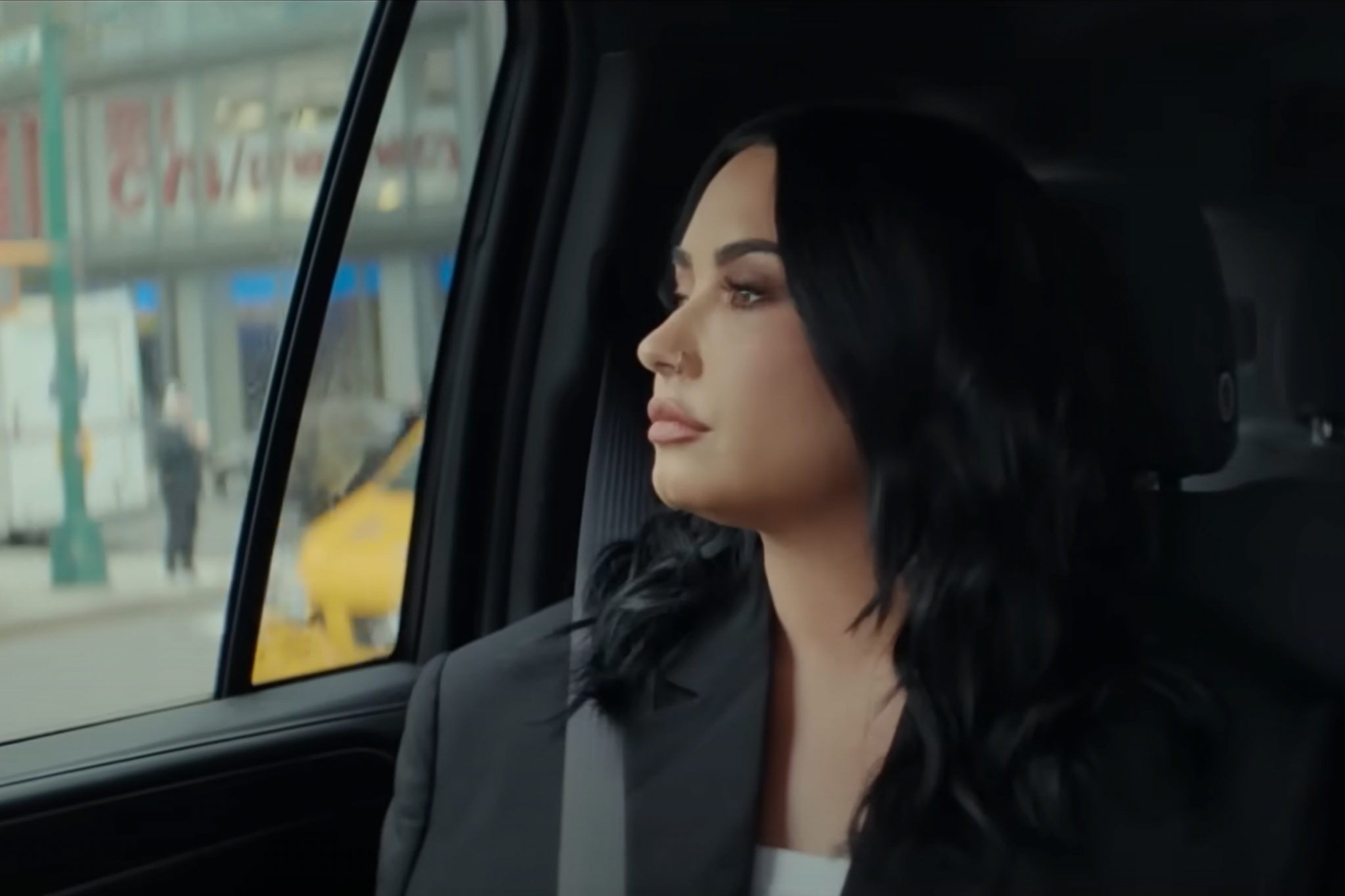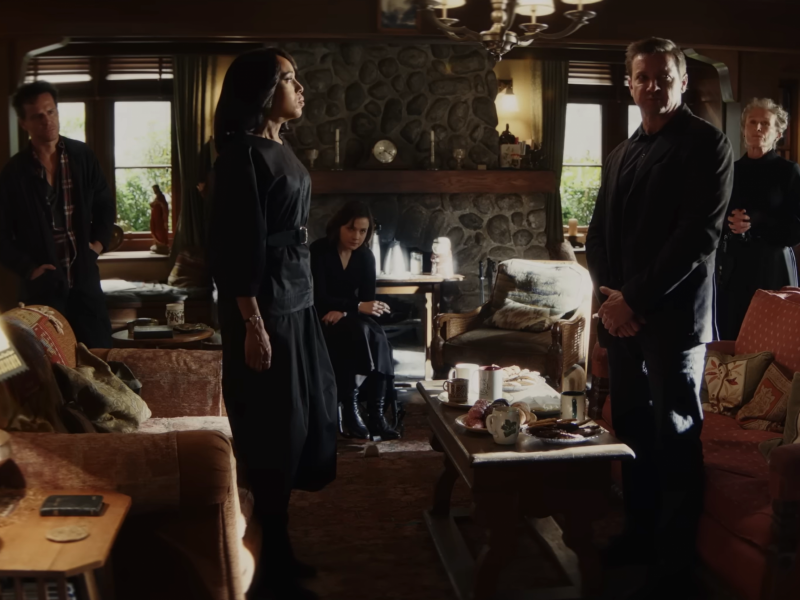Singer and former child star Demi Lovato stepped into the director’s chair for the first time with Child Star, a documentary that showcases the highs and lows of being a young celebrity.
The film opens with a hidden figure interviewing kids about what they want to be when they grow up. Almost all of the children’s answers related to being in the spotlight — from an actor to a soccer player, they desired to be known by everyone.
The 98-minute documentary is split into five parts, introducing a play on the stages of being in the industry — the dream, living the dream, reality, the crash and a new path — in a linear style. With an ironic start, Lovato moves on to discuss how being in the spotlight at such a young age caused them to turn to some unhealthy habits.
[‘Undivide Us’ discusses political polarization, provokes student discussion]
Through each part we learn more about Lovato’s personal experience in the television and movie industry. Lovato also conducted interviews with other stars who began in their childhood to color the film’s theme, including Drew Barrymore and Jojo Siwa.
In one scene, Siwa shared to Lovato how her life and brand were practically peas in a pod. Unlike Mickey Mouse and Spongebob Squarepants, the star said her brand was herself without a character to hide behind. Alyson Stoner, Lovato’s co-star on the Camp Rock movie series, revealed in another interview how being in the spotlight and always craving the attention from viewers is detrimental to children.
The interviews placed the audience directly in the shoes of the actor. I felt as if I was on a seesaw as I teetered between wanting to be seen as workable in the industry to not be seen as a burden to other actors or directors, but the desire to be a normal kid.
The film also touches on some heavy topics such as depression as a result of pressure in the industry, but seems to not put such a huge emphasis on it. As a viewer I kept craving that extra step of talking about more taboo subject matter that seemed to have an effect on the actors, but the film makes up for this in its conclusion.
The documentary ends how it started, with kids answering questions, in eerie symbolization of how the industry is a revolving circle and will forever continue. The responsibility lies with consumers to make sure these kids do not go through what our favorite stars have.
[Here’s how to make traditional tortillas de maíz]
We, as a community, play a huge role in child actors’ lives.
In Lovato’s case, their new path consists of educating the future generation of child actors to help guide them and teach them how to navigate the industry — a luxury Lovato didn’t have when she first started acting.
Child Star delivered an overwhelming feeling of innocence until proven guilty. At a young age I never knew what these stars were being put through and was always under the assumption that they were living the life millions of children dreamed of. They were validating our innocence to the world.
After learning about the emotional and mental challenges they faced during the primetime of their career, the movie holds the consumer responsible, letting me reflect on how I was always waiting for the stars to do more. The film pushes people to realize that there needs to be a separation between the brand and the person.
This documentary may not have the true crime nature that the television mini series Quiet on Set: The Dark Side of Kids TV did, but it is still a film that captures raw emotion from the people we grew up loving. It continues to challenge the ongoing question — is being in the spotlight worth losing your own identity?



